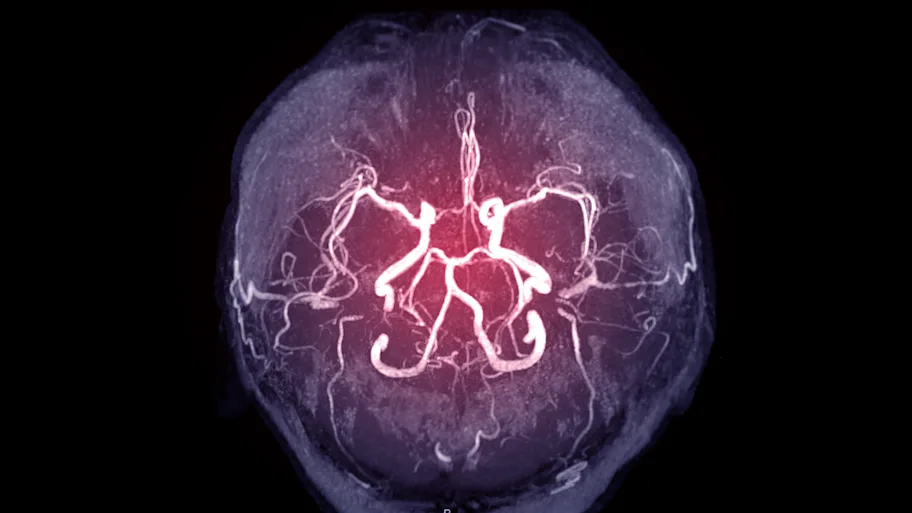
- Science news
- Neuroscience
- Staff Pick: Understanding auditory hallucinations
Staff Pick: Understanding auditory hallucinations

Laurence Pope is a Journal Operations Specialist at Frontiers. He studied biochemistry and science communication at Imperial College London before joining Frontiers in 2013. His staff pick this week comes from Frontiers in Human Neuroscience: The role of the primary auditory cortex in the neural mechanism of auditory verbal hallucinations.
“We often assume that only people with schizophrenia and other mental disorders experience auditory hallucinations (or ‘hearing voices’). In fact about 5% of mentally healthy people also hear voices, but these people can control how they respond to them, such as ignore them or record what they hear. It’s these people who may ultimately hold the key to better management of schizophrenia.
“The authors of this study found that such people have a better ability to regulate their primary auditory cortex, the area of the brain responsible for processing sound, compared to people with schizophrenia. When auditory hallucinations occur mentally healthy people can direct their attention outwards, while people with schizophrenia have difficulty focusing on external sounds and direct their attention inwards.
“These discoveries help bring us closer to understanding how auditory hallucinations occur and why such hallucinations affect people differently.”






